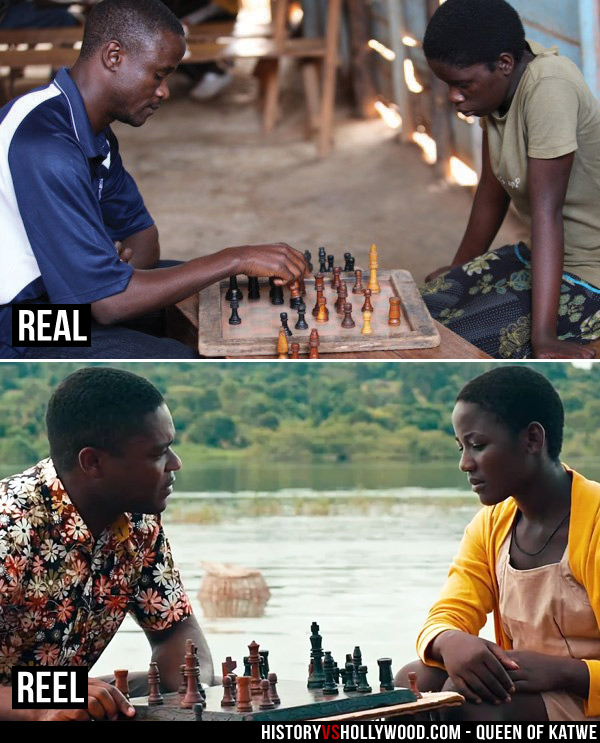

Like Katherine Boo’s Behind the Beautiful Forevers and Gayle Tzemach Lemmon’s The Dressmaker of Khair Khana, this is an intimate and heart-rending portrait of human life on the urban fringes in the 21st century. But to reach that goal, she must grapple with life in one of the world’s most unstable countries - a place where girls are taught to be mothers, not dreamers, and the threats of AIDS, kidnapping, and starvation loom constantly. Phiona’s dream is to become a chess grandmaster. In 2010, she travelled to Siberia to compete in the Chess Olympiad, the world’s most prestigious team-chess event. One talented young girl stood out: Phiona.īy the age of 11, Phiona was Uganda’s junior champion at 15, she was the national champion.

At first the children came for the free porridge, but many grew to love chess, a game that - as in their daily lives - meant navigating obstacles. Robert had an improbable aspiration: to empower Katwe’s kids through chess - a game so foreign that there was no word for it in their native language. One day in 2005, while searching for food, nine-year-old Phiona followed her brother to a dusty verandah where she met Robert Katende, a refugee who had also grown up in the slums. She is also one of the best chess players in the world.

Phiona Mutesi sleeps in a mud hut with her mother and siblings, and struggles to find a meal each day. We see that God is an integral part of both of their lives. While the movie does not emphasize the real Christian faith of Phiona and her coach, Robert Katende (David Oyelowo), it doesn’t really need to. Based on ‘The Queen of Katwe’, a finalist for a National Magazine Award and included in Dave Eggers’ The Best American Nonrequired Reading, this is the true story of a female prodigy from the Ugandan slum of Katwe Queen of Katwe is based on the true story of Phiona Mutesi, a young woman from one of Uganda’s poorest slums who became a chess sensation.


 0 kommentar(er)
0 kommentar(er)
